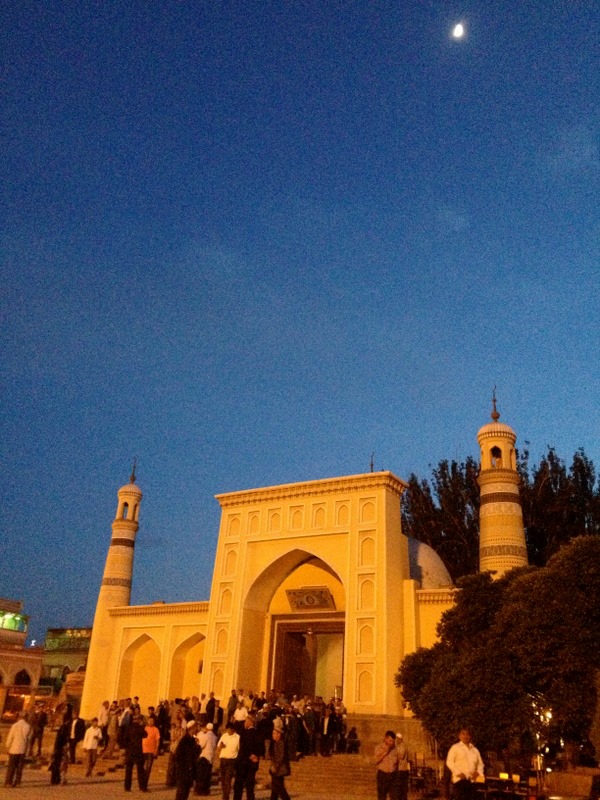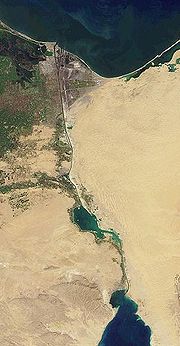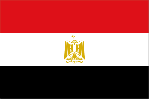October 5-6 (+/- 1), 2014
The Muslim prophet Ibrahim (Abraham in Judeo-Christian tradition) is one of the most remarkable figures in religious history. He is the father of three great religions, the first to believe in one God, and his tales are recounted by all three faiths.
Eid al-Adha, the holiest feast of the Muslim calendar, marks the end of the annual pilgrimage (Hajj.) Eid Al-Adha begins on the tenth day of Dhu’l-Hijja and lasts four days.
It commemorates an event roughly three thousand years ago, when the prophet Ibrahim took his son Ishmael/Ismail to be sacrificed at the command of the Lord. But before Ibrahim could go through with the act God gave Ibrahim a ram to be sacrificed in the place of his son.
There are two major distinctions between the this and the Judeo-Christian version as written in Genesis.
First, in Genesis the son to be sacrificed is not Ishmael, but Isaac.
And second, in the Qur’an Ishmael is aware of his father’s intentions and agrees to be sacrificed. Thus, Eid al-Adha remembers not only Ibrahim’s sacrifice, but Ishmael’s as well.
Arguably the figure of Ibrahim is more prominent in the Islamic faith than in either Judaism or Christianity. Even though he lived twenty-five hundred years before the Prophet Muhammad, Ibrahim is said to have lived a life consistent with Muhammad’s teachings. In addition to nearly sacrificing Ishmael, Ibrahim also broke ties with his own father Azar, an idolator who refused to follow the teachings of the one true God.
Traditionally Eid al-Adha was been celebrated through the sacrifice of an animal such as a sheep, goat, camel or cow. (In recent years the practice has become more controversial. Animal sacrifice is not one of the five pillars of Islam and Muhammad himself did not eat much meat.) The meat of the animal was split into three parts. One part for themselves and family, one part for friends and neighbors, and one part for the poor.
Eid al-Adha also recalls the journey of Hajar, mother of Ishmael, and her search for water:
…Prophet Ibrahim brought Lady Hajar and their baby son Ismail, by the command of God, to the deserted uncultivable valley of Makkah where the sacred house, Ka’bah, is now located. Prophet Ibrahim left Lady Hajar and their son alone by the order of God, and Lady Hajar said, “never ever will God neglect us.” Eventually, she ran out of provisions. Shortly thereafter, she ran up and down two hills, Safa and Marwa, seven times looking for water. Finally, a spring of water gushed at her baby’s feet. God had not neglected them. That same water is still gushing (Zamzam Well).




